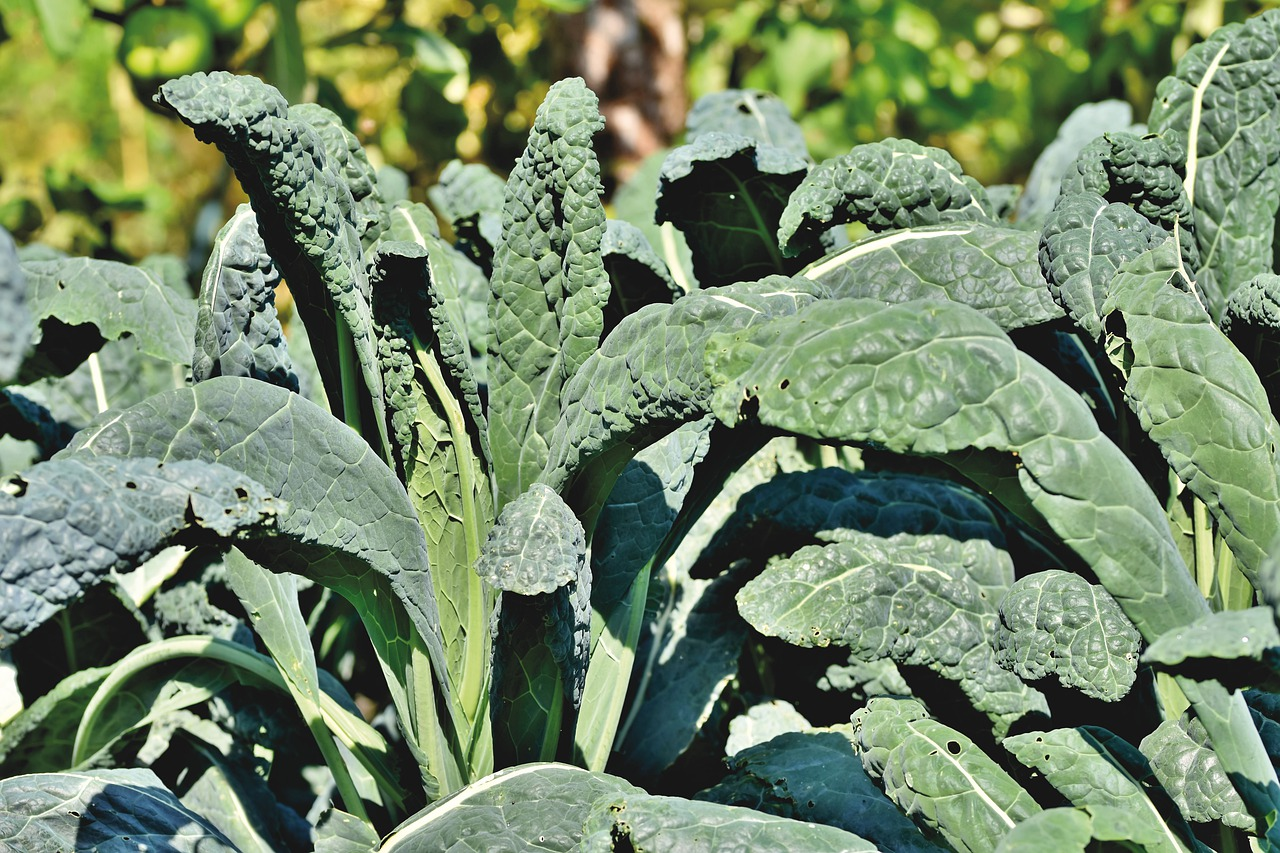
Heirloom bed in winter
As part of our theme weeks on mixed cultivation, we are presenting five example beds that you can use as inspiration for your own mixed cultivation. This winter bed was inspired by Patrick Kaiser and contains some tried-and-tested vegetables for the winter.
Cabbage is a big hit in winter! The nutritious cruciferous vegetables are often cold-resistant and therefore perfectly adapted to growing in winter. This also makes perfect sense from a nutritional perspective! With its numerous vitamins and minerals, as well as important dietary fiber, cabbage provides exactly what our bodies need in winter. From a historical perspective, this is not surprising, as our ancestors farmed for thousands of years and were dependent on abundant vegetables in winter. Over the course of history, countless varieties were created that were adapted to specific regions over long periods of time. Nowadays, these heirloom varieties are unfortunately being lost more and more, and 75% of the world's crop diversity has already been lost. This makes it all the more important to preserve regional varieties with a history. This is where Patrick Kaiser comes in.
Patrick Kaiser is the founder of the Tatgut vegetable varieties initiative. Since 2020, Patrick has been promoting the production and preservation of seed-resistant seeds of garden rarities. After studying seed technology and plant breeding and a bicycle trip from Lake Constance to India, the desire to work to save and preserve crop diversity arose. The focus here is primarily on heirloom regional varieties in order to counteract the already very large loss of varieties. In our podcast episode on heirloom varieties with Patrick as a guest, you can find out more about Patrick, his Tatgut initiative and heirloom varieties.
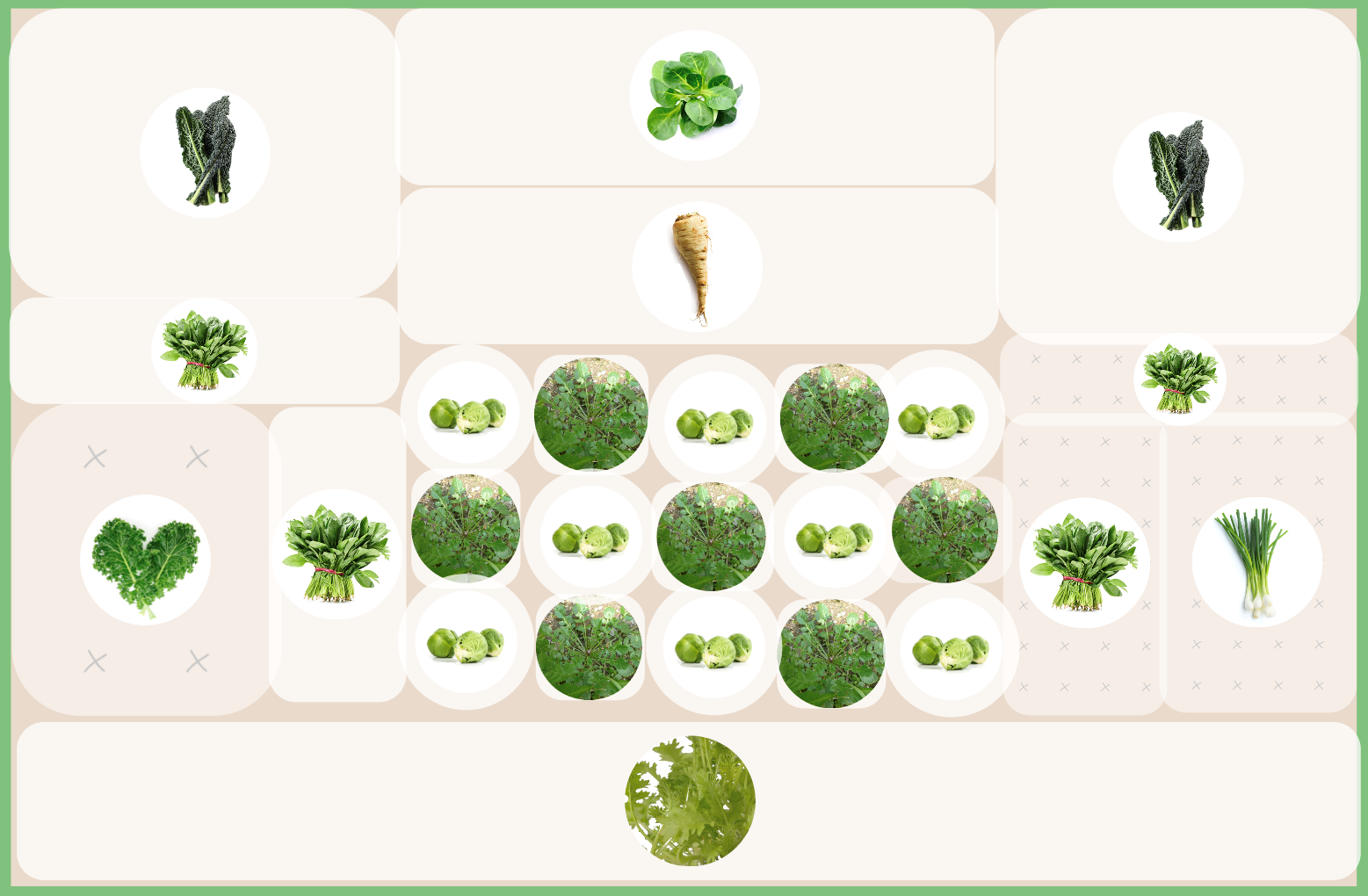
Patrick's winter bed contains various heirloom varieties. The 'Red Russian' kale is a special variety of kale with blue-green, curled leaves and red veins. The palm kale 'Nero di Toscana' is also similar to kale, but its leaf edges are smoother, the leaves are darker and its structure is reminiscent of savoy cabbage. It tolerates light frosts, but should be covered if temperatures drop below freezing. Another eye-catcher is the 'Groninger' Brussels sprout. Like kale, it gains flavor when exposed to frost. By storing sugars in the leaves, the cabbage plants protect themselves from freezing and only then do they taste really good!
So that the individual cabbage plants are not right next to each other, you can use spinach 'Winterriesen' and barbara herb (winter cress) as undersowing for the cabbage variations. Hardy lettuces such as lamb's lettuce (e.g. 'Verte de Cambrai') and an Asian lettuce mix also bring fresh greenery into the winter kitchen. The parsnip 'Schleswiger Schnee' grows easily alongside the tender, shallow-rooted lamb's lettuce. The spring onion (e.g. 'Cosmo') has also been somewhat forgotten. The green leaves are usually harvested from it, which remain until the frost and begin to sprout again in March. Be careful not to plant onions and cabbage right next to each other, as they don't "smell" each other as well.
Would you like to receive helpful gardening tips all year round and plan your own beds optimally? Then register here or download the Fryd app for Android or iOS.
Fryd - your digital bed planner
Cover image by Capri23auto on pixabay

Annabell
Annabell is studying agricultural biology at the University of Hohenheim. She also enjoys gardening in her private life, spends a lot of time in nature and loves to be creative.
Learn MoreCurrent Topics in the Community
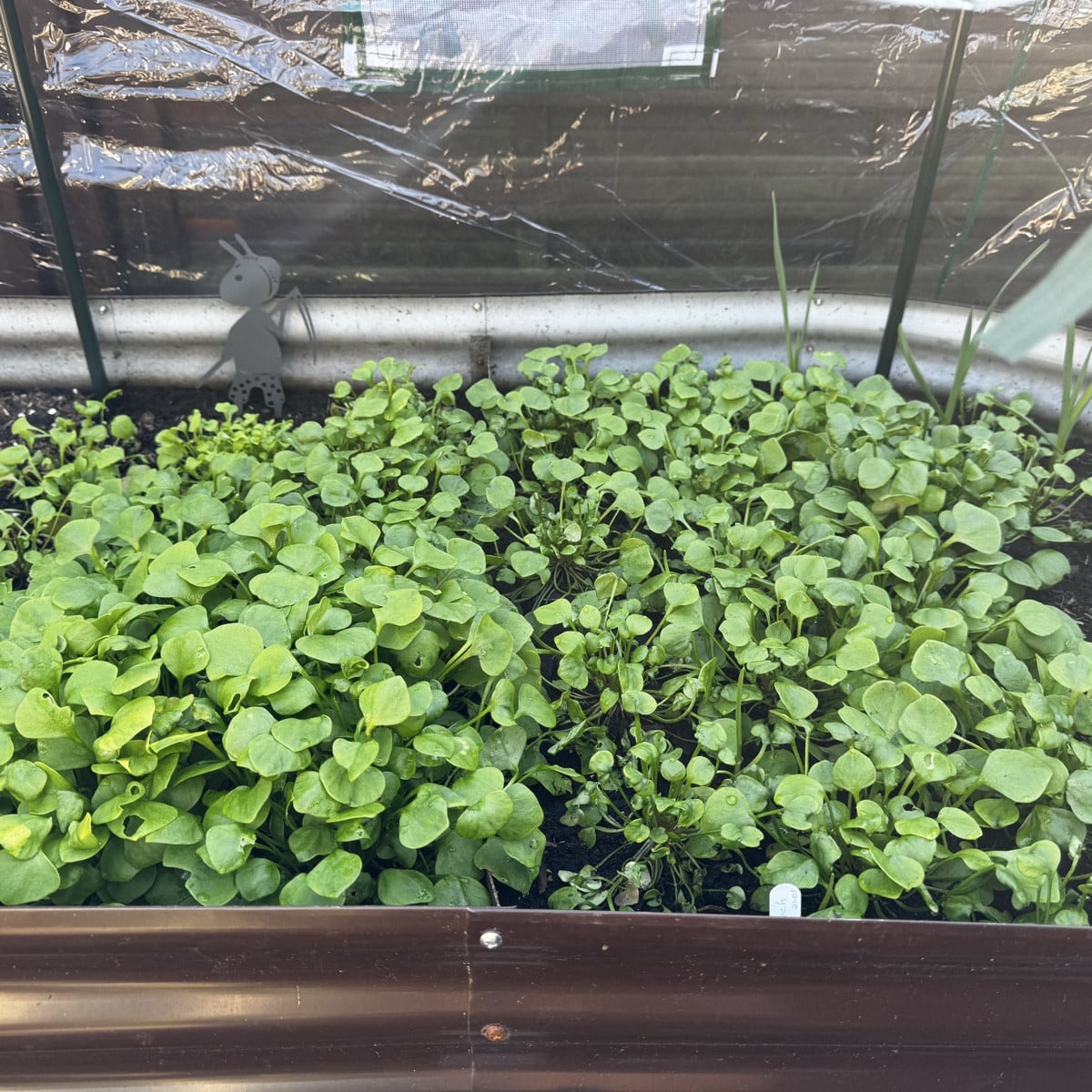
My purslane has seeded itself all on its own—the little plants have sprouted all over the garden. 😅 I collected lots of them and planted them, and today they're coming fresh from the garden straight onto our plates. 🌿
Liked 1 times
Like everyone else, I'm incredibly impatient and looking forward to getting started. Preparations are currently underway... This year, I want to plant Mayberries (Siberian blueberries) and, as I already mentioned, kiwis. Do I really have to wait until mid-March? Or can I start already :-)?
Show 2 answers
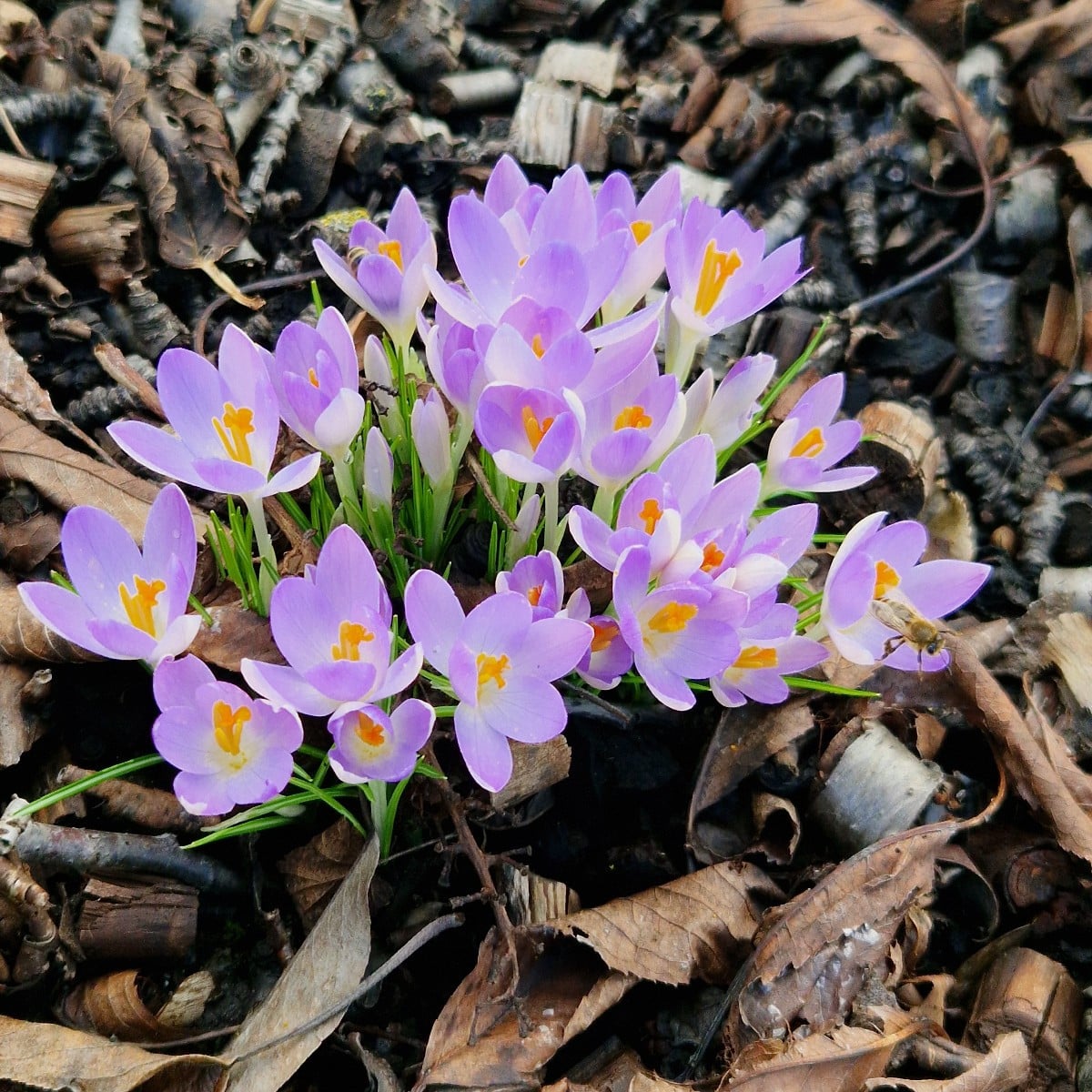
Liked 16 times
The first warm rays of sunshine don't just wake up the bees. They wake me up too! I'm looking forward to the gardening season!
Popular Articles
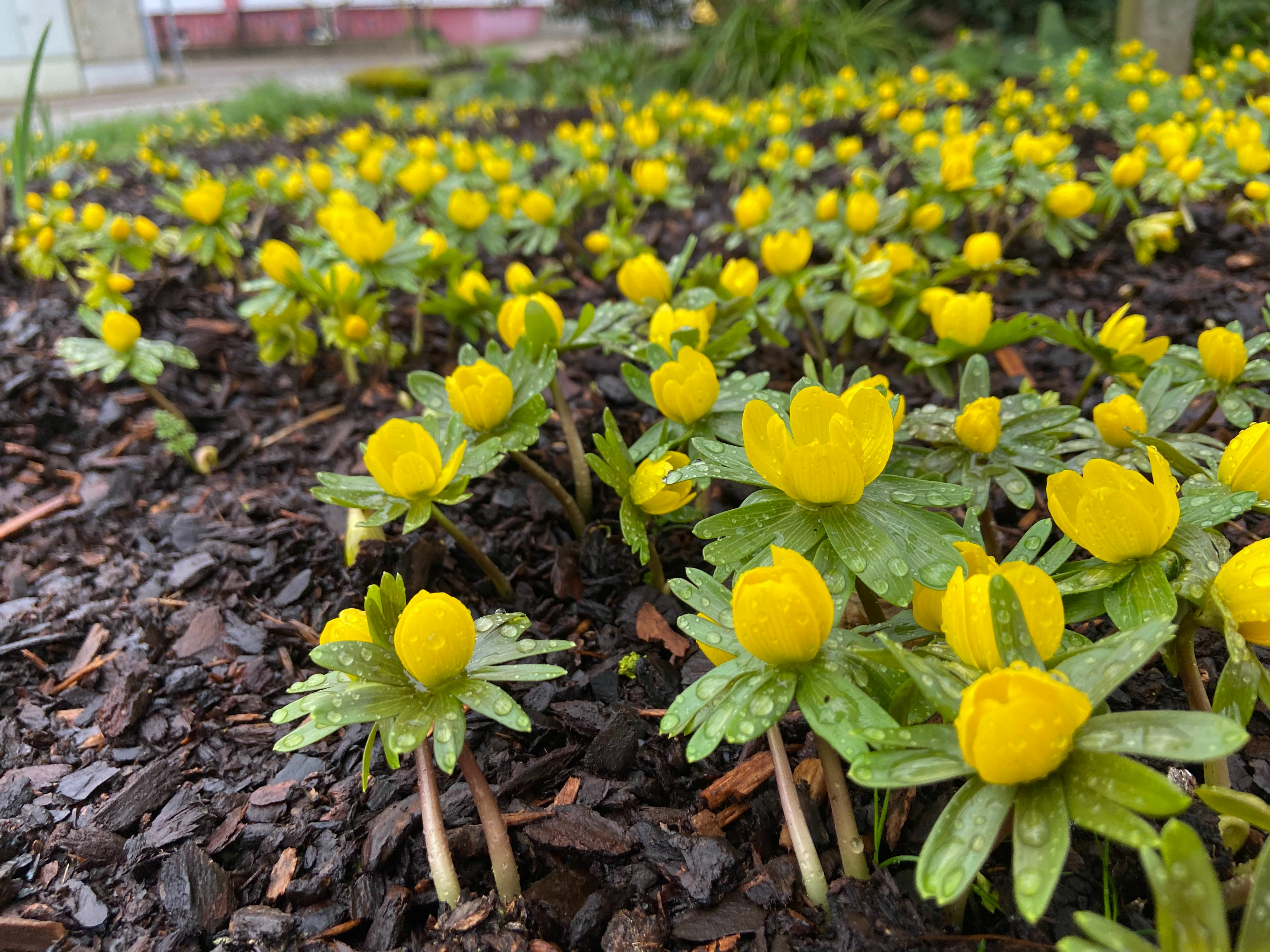
Gardening in March: Preparation & Cultivation
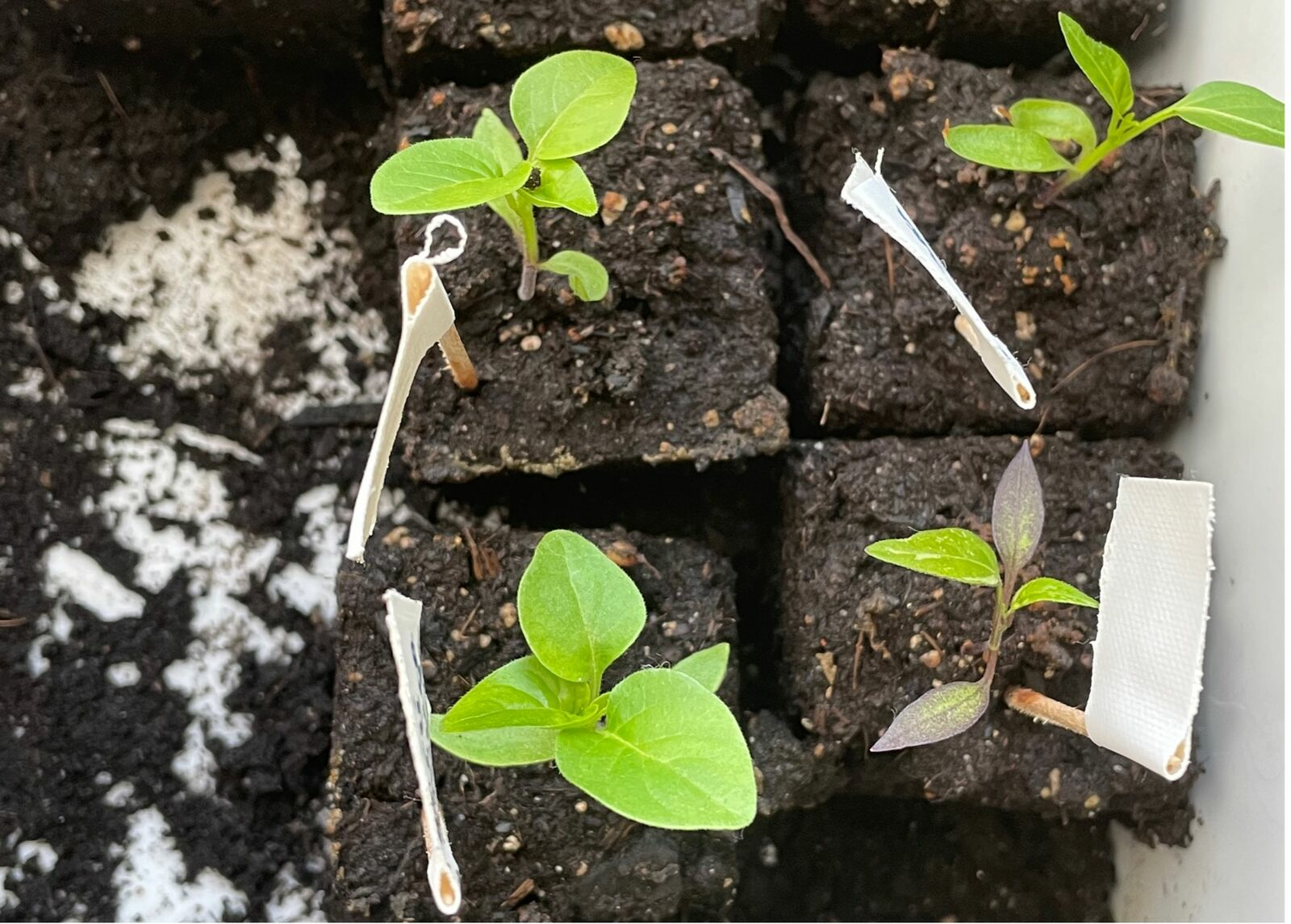
Propagating Peppers/Chillies: How to Grow Them Successfully

Cultivation or Direct Sowing: When and Which Vegetables to Propagate?
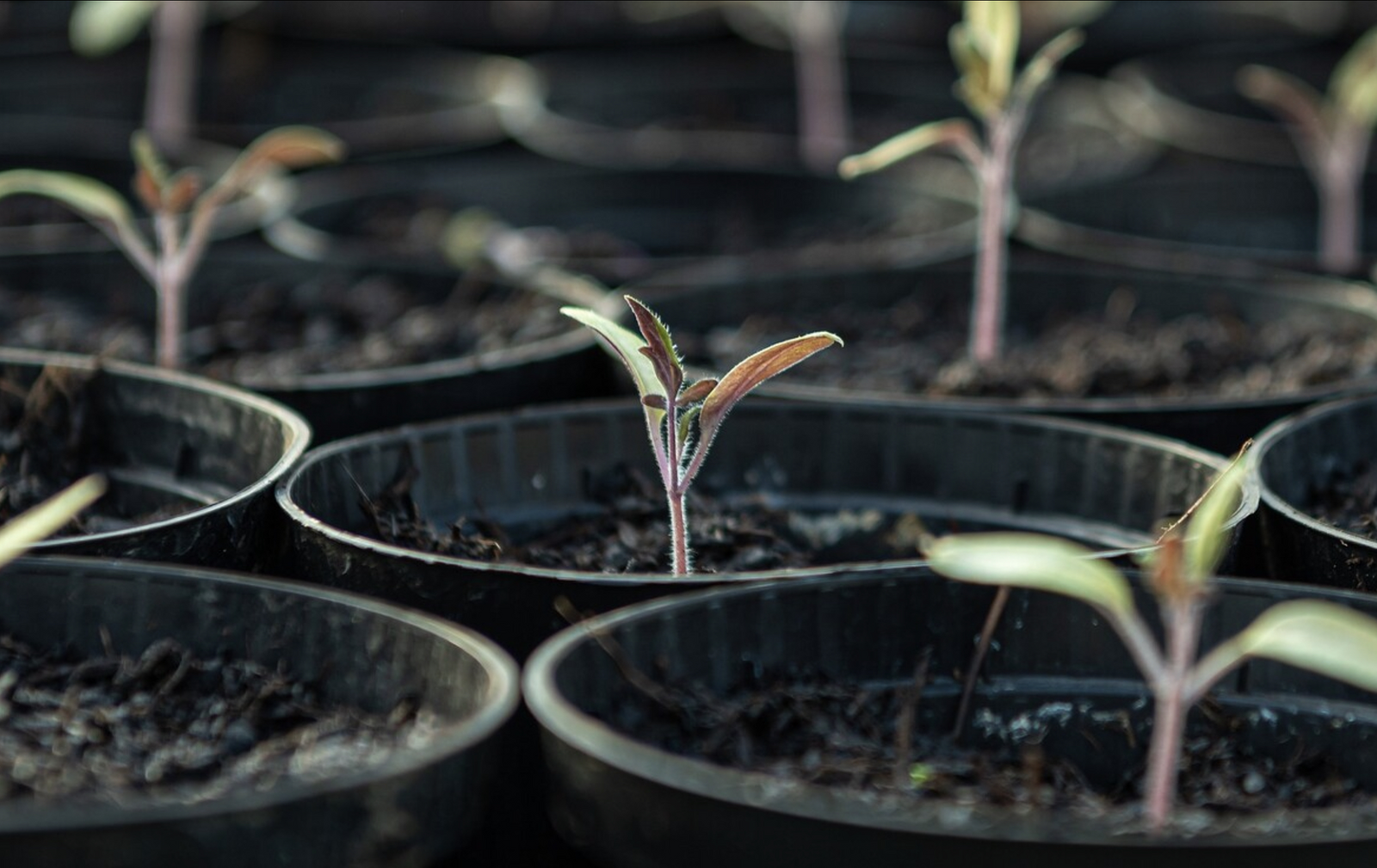
Sowing and Propagating Tomatoes: This Is How It Works
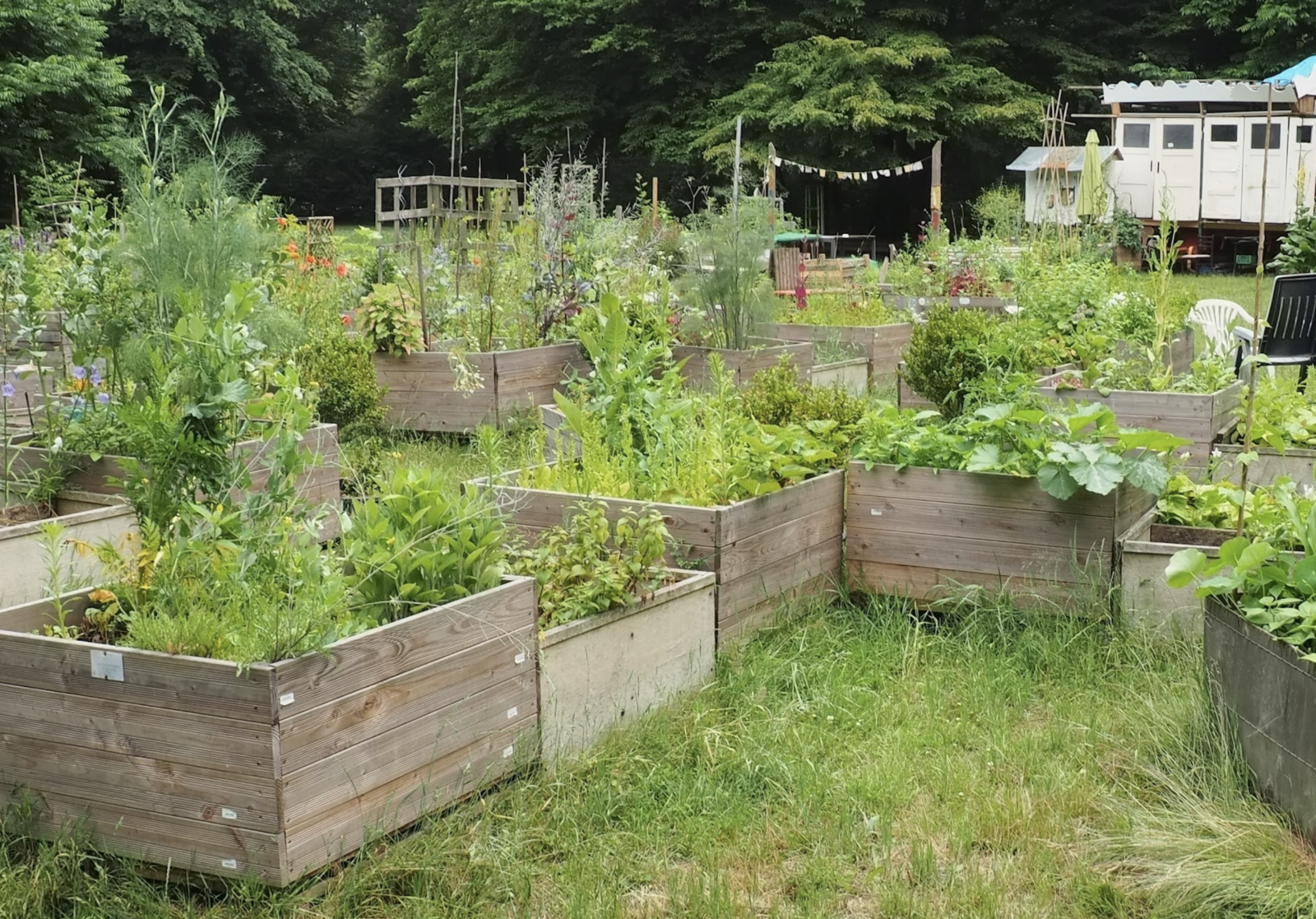
Raised Beds: Your Planting Plan for a Year
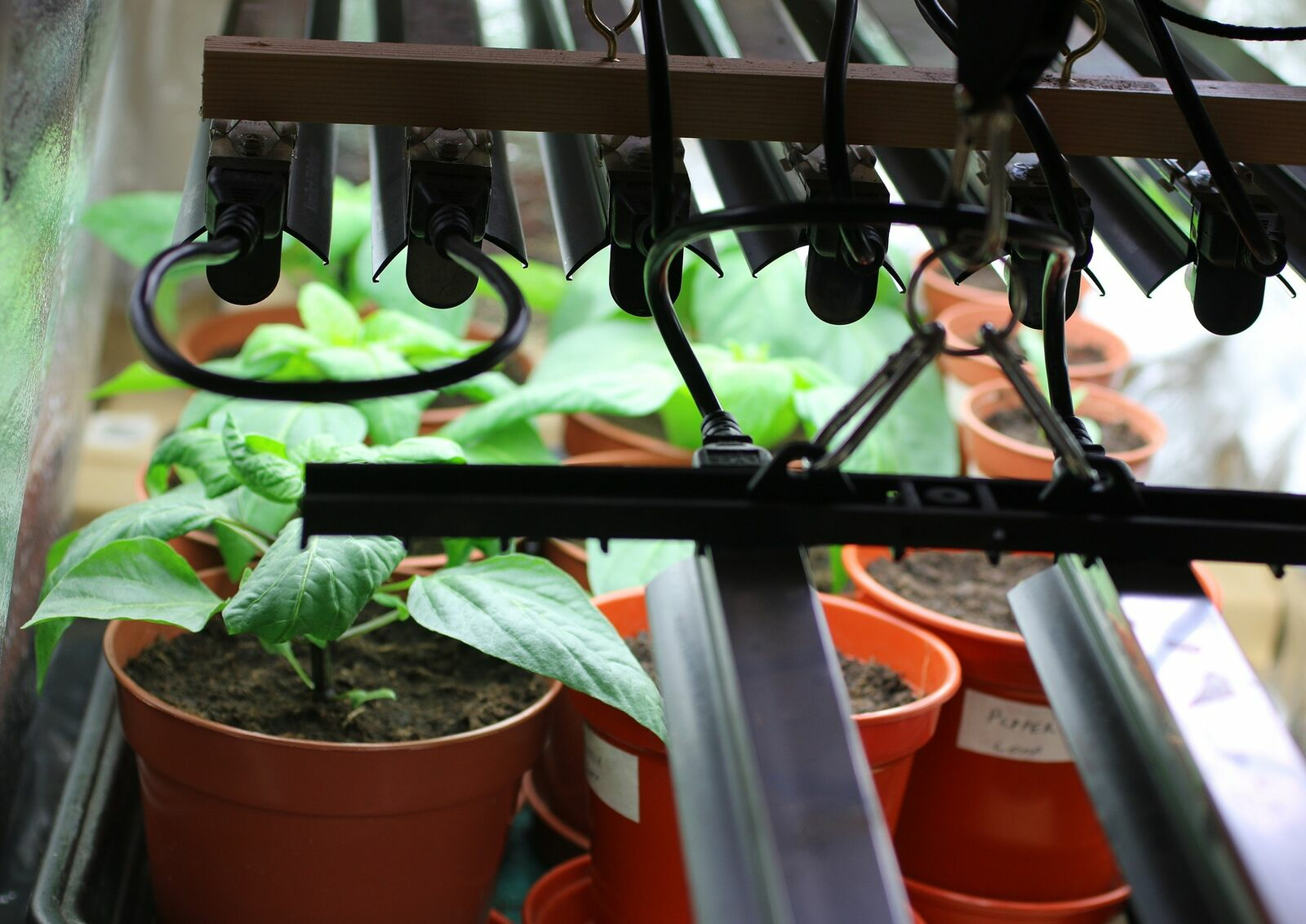
Plant Lights for Growing and Overwintering Plants
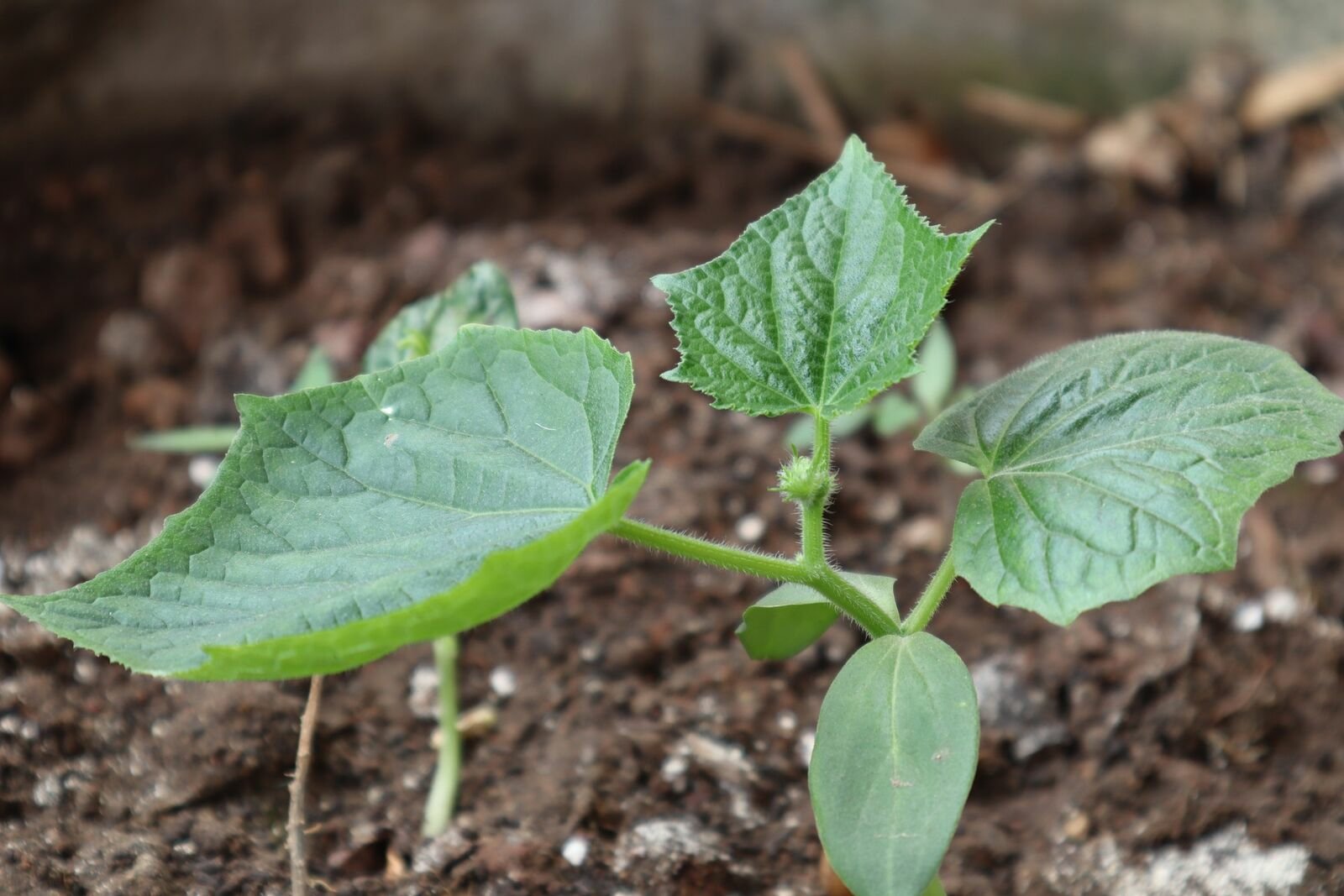
Growing Cucumbers Seedlings in Pots: Tips for Propagation
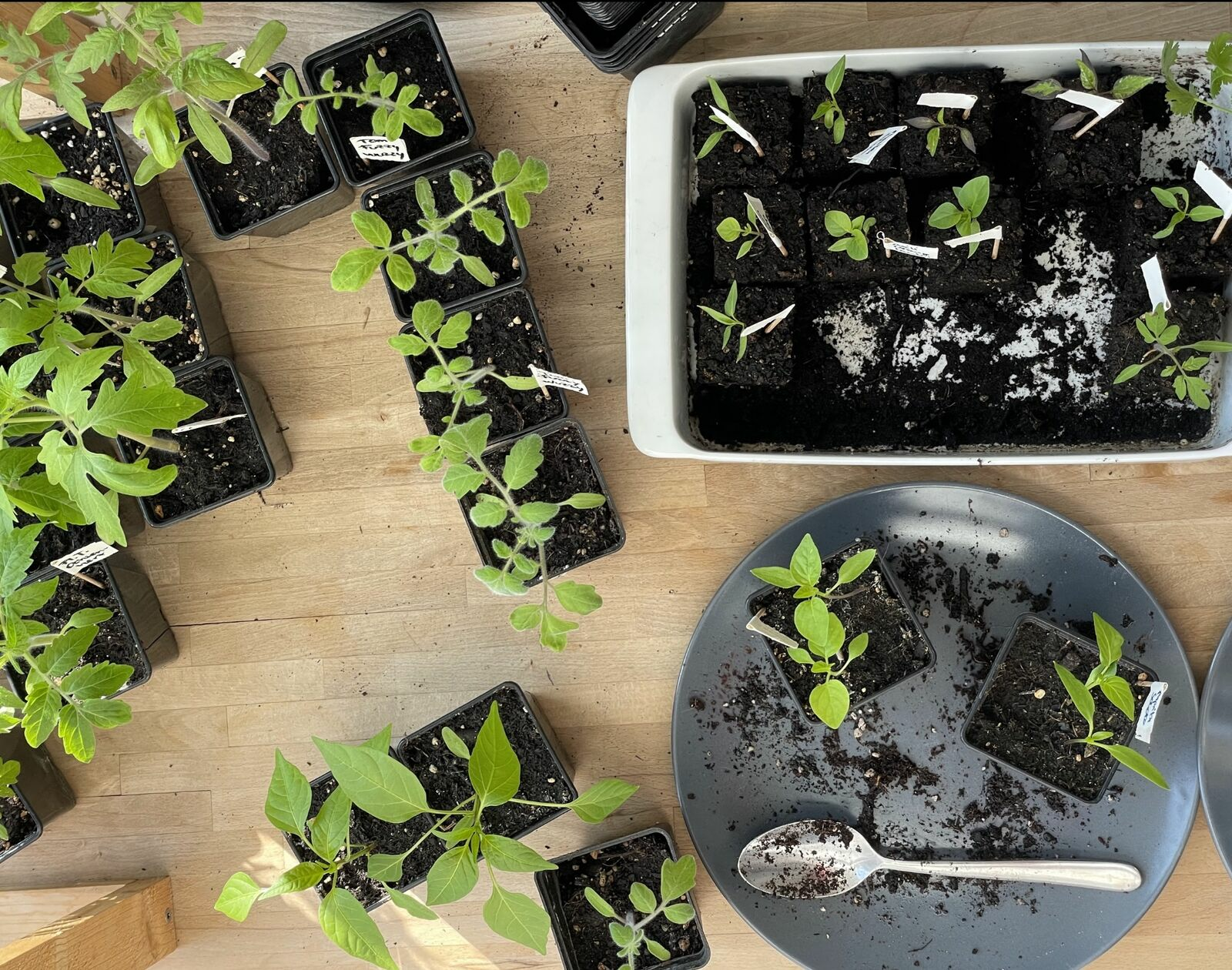
Pricking Out Vegetable Plants: Tips and Instructions
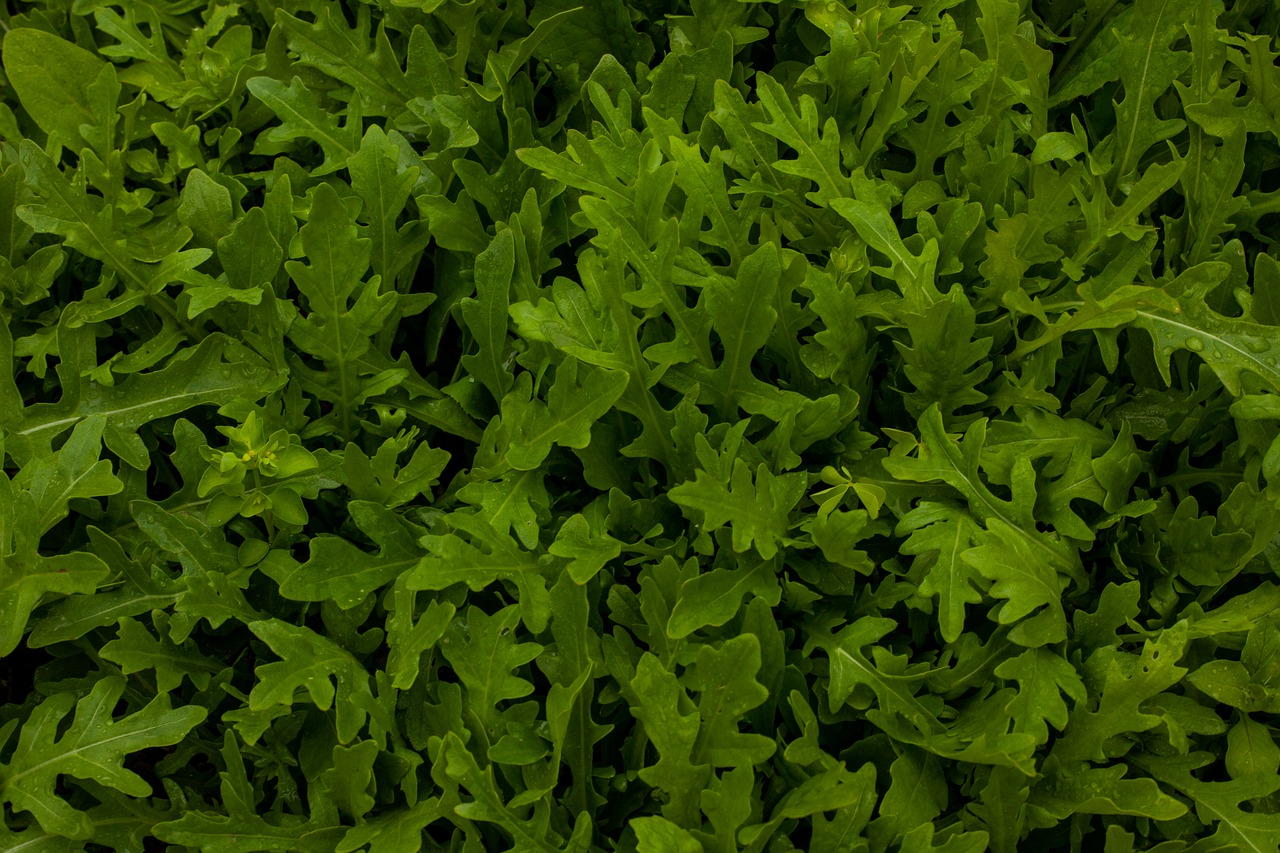
Growing & Harvesting Rocket: Good & Bad Companion Plants
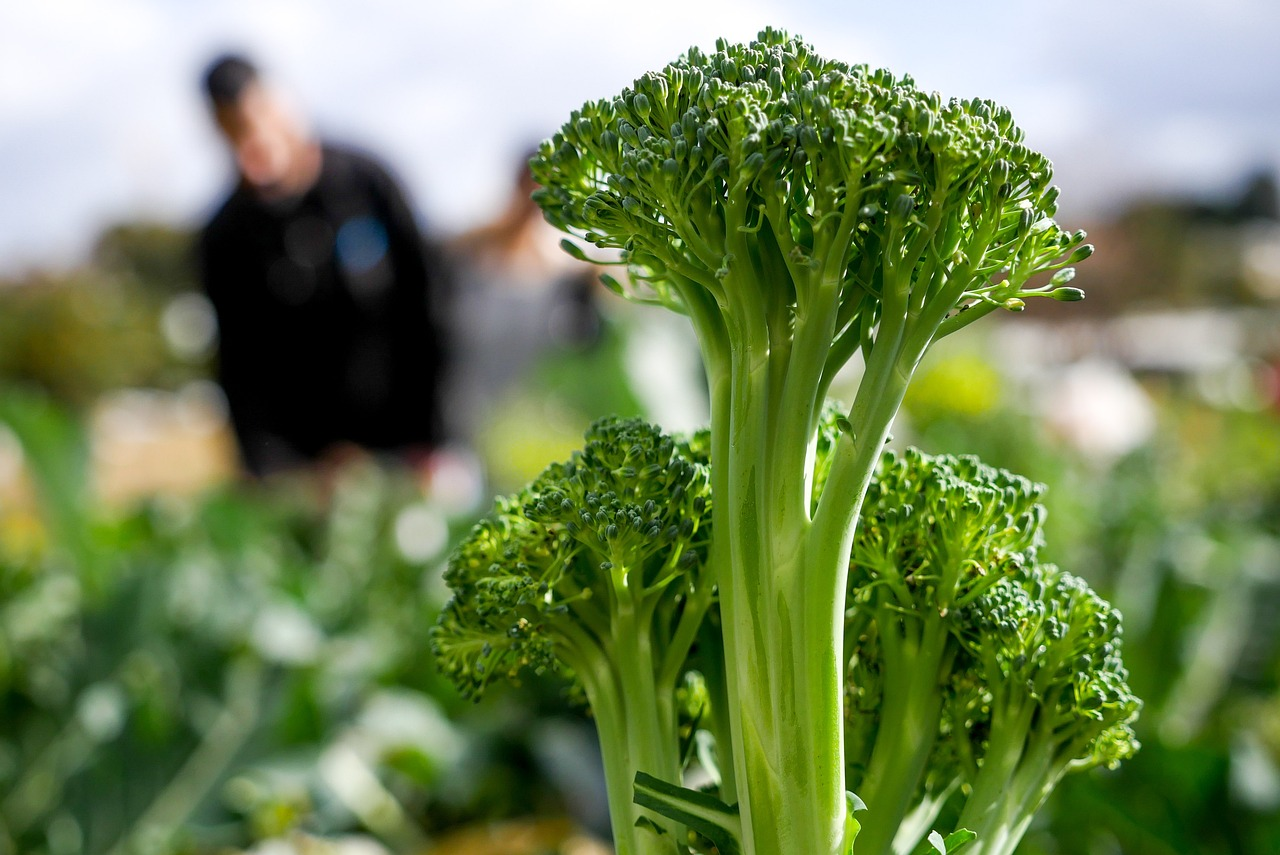
How to Grow Broccoli: Tips for Cultivation